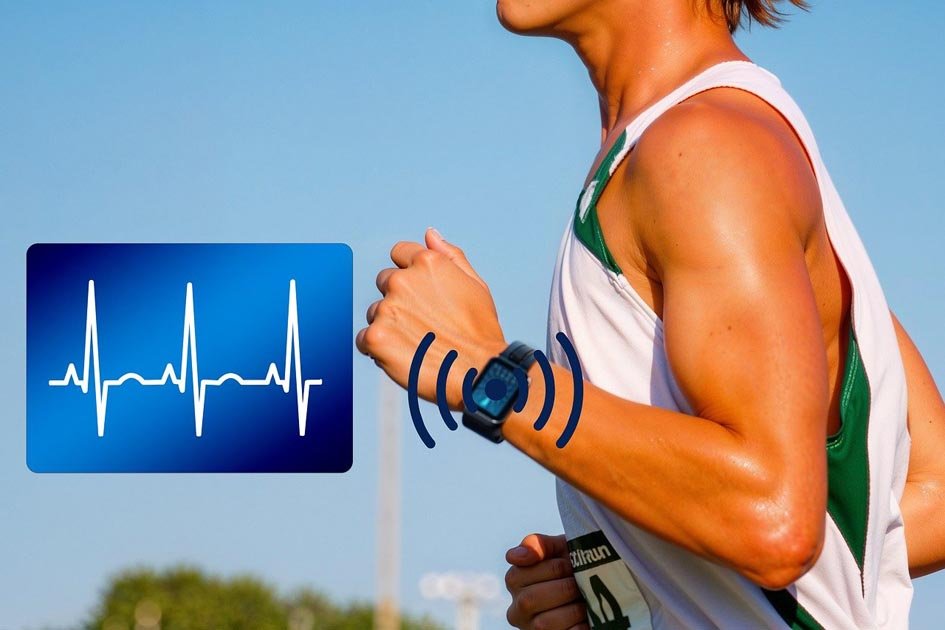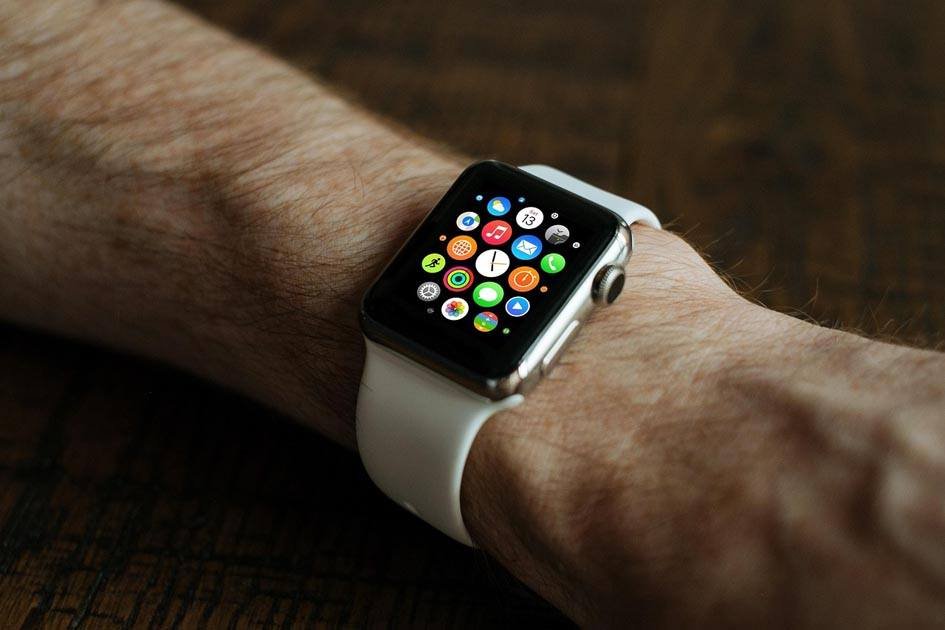Best Health Wearables for Preventive Personal Wellness in 2025
Introduction
In 2025, wearable health technology has evolved far beyond simple step counters. The best health wearables for preventive personal wellness in 2025 help monitor your heart, sleep, activity, and recovery, giving insights that support healthier daily choices and long-term wellness. This guide explains what’s new, how to choose the right device, and how to use it effectively.
Why Wearables Matter Now
Advances in sensors, AI analytics, and changing attitudes toward preventive care have driven the adoption of wearables. Users now expect actionable insights rather than raw numbers. These devices help spot trends early, supporting smarter lifestyle choices and informed discussions with healthcare providers.
Key Types of Health Wearables in 2025
Wearables come in various form factors, each suited for different needs:
| Form-Factor | Typical Use Cases | Trendy Features 2025 |
|---|---|---|
| Smartwatches/Wristbands | Activity, heart rate, sleep, notifications | Continuous BP, HRV trends, AI coaching |
| Smart Rings/Jewelry | Sleep, recovery, readiness, heart rate | Discreet 24/7 monitoring, improved accuracy |
| Smart Clothing/Garments | ECG, posture, running biomechanics | Embedded sensors for sport and rehab |
| Patches/Biosensors | Continuous monitoring (glucose, BP) | Disposable, cuff-less BP, trend alerts |
Benefits for Personal Wellness
Wearables raise awareness, support healthy habits, and provide data to guide lifestyle adjustments. When paired with proper sleep, nutrition, movement, and stress management, these devices help optimize overall well-being.
Wearable Metrics & What They Mean
| Metric | What It Measures | Why It Matters |
|---|---|---|
| HRV (Heart Rate Variability) | Variation between heartbeats | Higher HRV generally means better recovery and lower stress |
| Sleep Stages & Quality | Deep, light, REM, interruptions | Supports recovery, mood, immunity |
| Resting Heart Rate | Heart rate at rest | Indicator of cardiovascular fitness |
| SpO2 (Blood Oxygen) | Oxygen saturation | Useful for sleep and respiratory monitoring |
| Blood Pressure (cuff-less trends) | BP trends without cuff | Early identification of hypertension risk |
| Activity & Steps | Movement and energy expenditure | Supports daily goals and activity habits |
Choosing the Right Wearable
Identify your main goal — sleep, recovery, heart health, or activity. Compare comfort, battery life, app features, data export, and privacy policies. Consider total cost, including subscriptions, and look for validated metrics.
Using Your Wearable Effectively
- Wear consistently and track trends weekly.
- Turn device metrics into actionable rules (e.g., low recovery score = rest).
- Share relevant data with clinicians when appropriate.
- Balance metrics with how you feel physically and mentally.
- Prioritize devices with transparent privacy and export options.
Emerging Trends to Watch in 2025
Expect non-invasive biomarker sensing, smart garments, AI-driven predictive health, discreet rings, and deeper integration with remote care platforms.
Final Thoughts
The best health wearables for preventive personal wellness in 2025 are powerful partners on your wellness journey. They provide insights that help you make small, daily choices that add up to better health. Remember, technology guides you — your habits and consistency shape your results. Take charge, stay curious, and let your wellness thrive! 🌟

